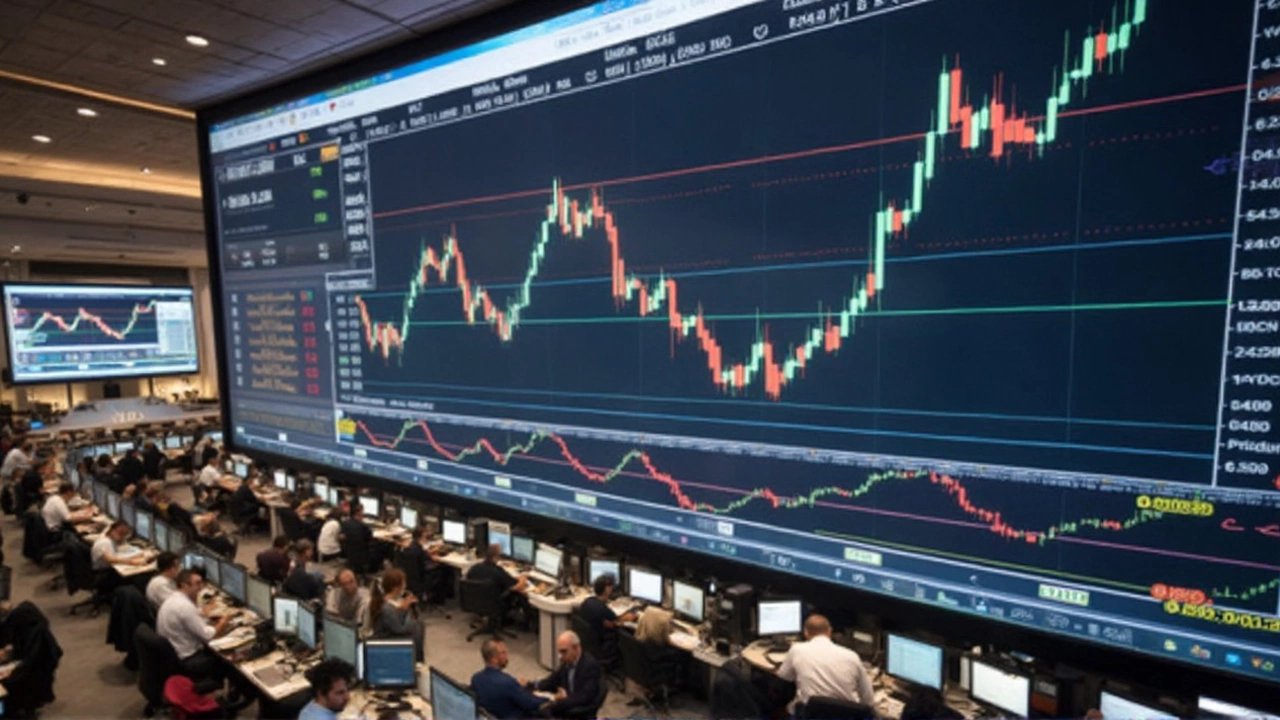Iran‑Israel Conflict: Latest Updates and Quick Guide
If you’ve been scrolling news feeds lately, the Iran‑Israel conflict is everywhere. From missile launches to diplomatic warnings, the tension is real and affects more than just the two countries. This guide breaks down what’s happening, why it matters, and what you can expect in the weeks ahead.
What sparked the current Iran‑Israel tension?
At its core, the clash is about power and security. Iran sees Israel as a regional rival that blocks its influence, while Israel worries about Iran’s nuclear program and support for groups like Hezbollah. Recent events—like Israel’s air strikes on Iranian‑linked sites in Syria and Iran’s retaliation with drone attacks—have pushed the situation from a simmer to a boil.
Both sides use a mix of rhetoric and real‑world actions. Iran’s leaders often talk about “defending the Palestinian cause,” and Israel responds by tightening security around its borders and airspace. The Gaza war adds another layer, because any escalation there can quickly involve Iran’s proxies, widening the conflict.
International players are also in the mix. The United States has pledged strong support for Israel, while Russia and China keep diplomatic channels open with Tehran. This backing creates a risky balance where a single misstep could draw more countries in.
How the conflict affects the region and you
Even if you live far from the Middle East, the ripple effects can touch you. Oil prices often jump when tensions rise, because the Strait of Hormuz—through which a big chunk of the world’s oil flows—is near Iran. Higher fuel costs can hit everything from grocery bills to travel plans.
Security worries also spread. Countries like Saudi Arabia and the UAE watch the situation closely, adjusting their own defense postures. This can lead to new military sales, joint exercises, or diplomatic talks that shift alliances across the region.
On the everyday level, the conflict shapes media coverage and public opinion. Social media platforms see a surge of videos, memes, and heated debates. Knowing the basics helps you separate facts from hype and avoid being swept up in misinformation.
So what can you do? Keep an eye on reliable news sources, watch oil price trends, and understand that the situation can change fast. If you travel to the Middle East, stay updated on travel advisories and avoid areas with active hostilities.
Bottom line: the Iran‑Israel conflict is a mix of old grudges, strategic moves, and global interests. It’s messy, it’s fluid, and it matters to everyone who watches the news or feels the impact of rising energy costs. Staying informed is the best way to navigate the uncertainty.
Tel Aviv Stock Exchange Climbs to 52-Week High Despite Iran-Israel Crisis and Direct Missile Strike
The TA-125 index on the Tel Aviv Stock Exchange jumped 4.26% to a 52-week high, even as Iranian missiles hit its building. Trading carried on without pause, signaling strong investor confidence in Israel's economy, though concerns linger as regional conflict looms.





